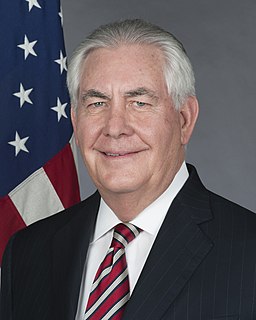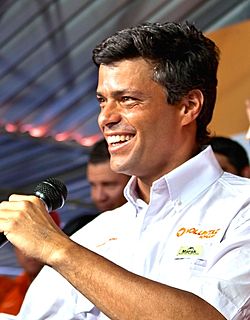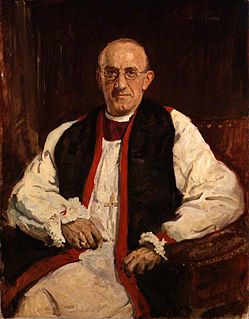A Quote by Rex W. Tillerson
People who speak up for freedom in regimes that are repressive are often at threat.
Related Quotes
We need a more complex understanding of writers working under authoritarian or repressive regimes. Something to replace this simpleminded, Cold War-ish equation in which the dissident in exile is seen as a bold figure, and those who choose to work with restrictions on their freedom are considered patsies for repressive governments. Let's not forget that most writers in history have lived under nondemocratic regimes: Shakespeare, Tolstoy, and Goethe didn't actually enjoy constitutionally guaranteed rights to freedom of speech.
When you have half of Caironese in slums, when you don't have clean water, when you don't have a sewer system, when you don't have electricity, and on top of that you live under one of the most repressive regimes right now... Well, put all that together, and it's a ticking bomb. It's not of a question of threat; it is question of looking around at the present environment and making a rational prognosis.
The Arab awakening has been, up to now, a lot about freedom from dictatorial regimes - Syria, Yemen, Libya, Tunisia, Bahrain and Egypt. But once you got freedom from, then you need freedom to. Freedom from is about destroying things. Freedom to is about constructing things, constructing the rule of law.
The promotion of human rights cannot be about exhortation alone. At times, it must be coupled with painstaking diplomacy. I know that engagement with repressive regimes lacks the satisfying purity of indignation. But I also know that sanctions without outreach -- condemnation without discussion -- can carry forward only a crippling status quo. No repressive regime can move down a new path unless it has the choice of an open door.
A lot of young people regard a threat against one person's sexual freedom as a threat against all of them, and that's absolutely how they should regard it. But it's heartening to look at the polls on young people on gay people, gay marriage, and sexual-freedom issues. They're terrific, and that's why the religious right is so desperately trying to lock in their current bare majority for prejudice: because their constituents are dying. They're losing votes every time the ambulance pulls up to the old folks' home. Let's hope it pulls up a little more frequently.


































